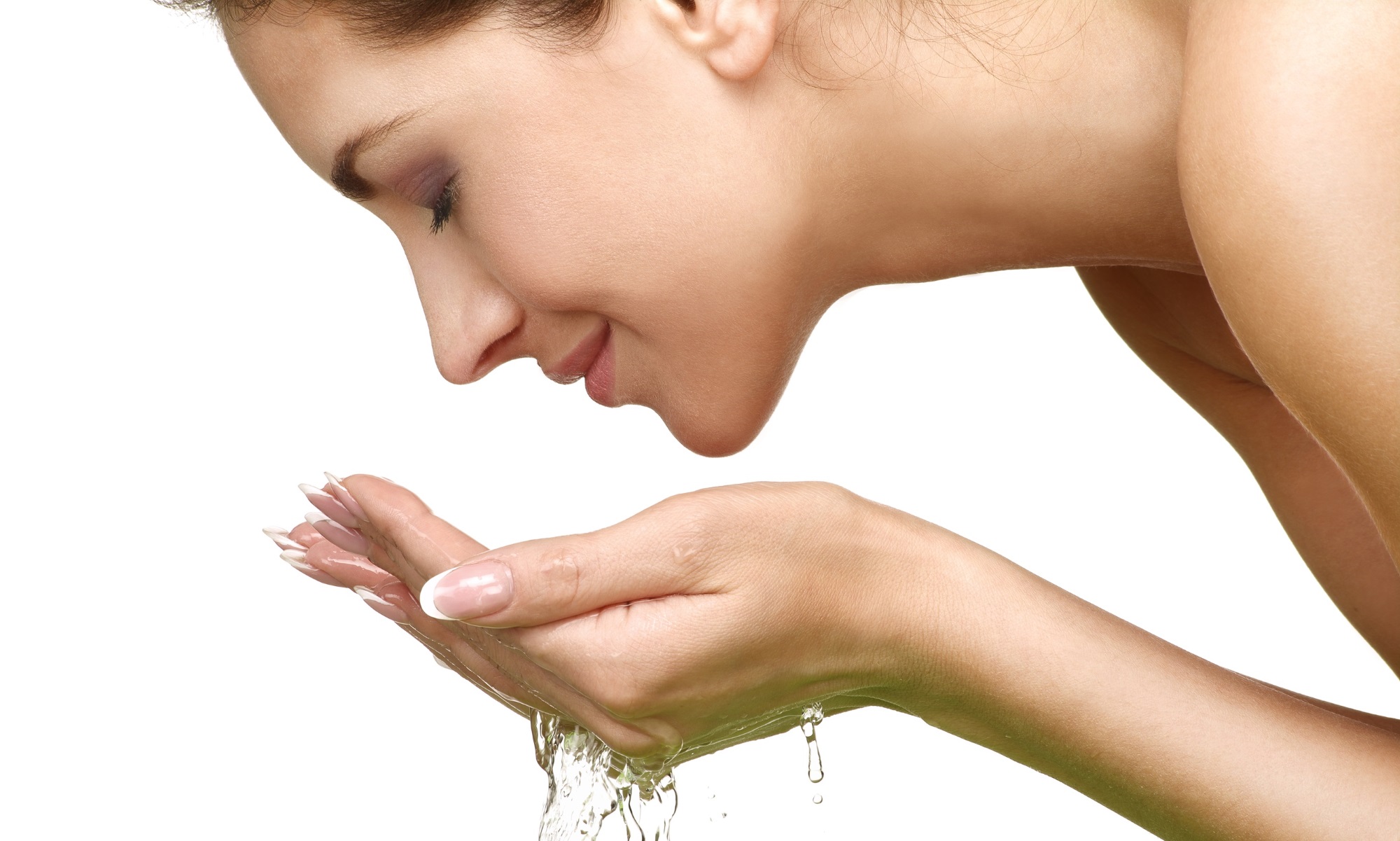Article by Karina Miranda
The summer can be quite punishing for people with particularly oily skin. Not only are the oil glands working overtime, acne breakouts can also occur more frequently on the face, neck, and back. With spaghetti-strapped tops and low-backed blouses being all the rage during summer, baring a little skin can be daunting for those who are oil- and acne-prone.
Causes of Oily Skin
The skin can get really shiny, sticky and oily because of the overproduction of sebum or oil by the oil glands. This happens due to a myriad of factors, chief among them your hormones. During puberty the skin tends to become more oily and acne-prone. This happens because at this time your body produces more hormones called androgens. These increase the oil production of your oil glands. As you age, your body tends to produce less androgens, and consequently, less oil and blemishes on your skin. Some people, however, are more predisposed to having oily skin even in adulthood, especially if they have parents with a similar condition. Hormonal changes during adulthood can also cause the appearance of more oil on your skin. This happens if you take steroids, get pregnant, are about to menstruate, or are experiencing menopause. Although some say that diet may also cause oily skin, no conclusive research or scientific consensus exists on the subject.
Skin Care for Oily Skin
The best way to manage oily skin and keep it blemish-free is to keep it clean free from acne-causing bacteria. Wash your face two to three times a day using hot water and soap – hot water can dissolve oil better than lukewarm or cold water. Be careful not to wash your face too much, as it can cause your skin to become dry and produce more oil to compensate. You also have to choose your cleanser wisely: use oil-based products that dissolve oil more effectively, and try using pure solutions with no artificial additives. You can also try antibacterial cleansers or lightly medicated soap. Steer away from heavy cleansing creams and alcohol-containing cleansers and toners. When cleansing the skin, massage it with your fingertips, being careful to not excessively scrub or rub soap into the skin as it can clog pores. You can use a mild astringent afterwards to clear pores – acetone is known to be good in dissolving oil. You can then use a natural oil-free moisturizer to keep the skin supple.
As a general rule, avoid harsh skin care products that can dry out your skin and may either encourage flakinesss or cause an even greater production of oil. Dehydrating products can also restrict oil flow through the pores, which can lead to blockages and breakouts. When using cosmetics, pick those that are specially designed for oily skin. Facial masks with bentonite, apple cider vinegar, tea tree oil, or egg whites are known to be effective in absorbing extra oil and reducing the appearance of blemishes.
A More Holistic Approach
Another approach to managing oily, acne-prone skin is by using natural skin treatments that work from the inside out to balance androgen production and regulate the skin’s oil. These include getting a more balanced diet, having enough sleep and exercise, and taking skin care vitamins that keep your skin clear and supple.
About the Author
Karina V. Miranda is a writer for Acne-Vitamins.com, which offers natural clear skin products and a free guide to vitamins for acne. Visit us today to learn about the benefits of vitamin b5 acne treatment. This article may be republished provided that the author’s information and all active links are left intact.

